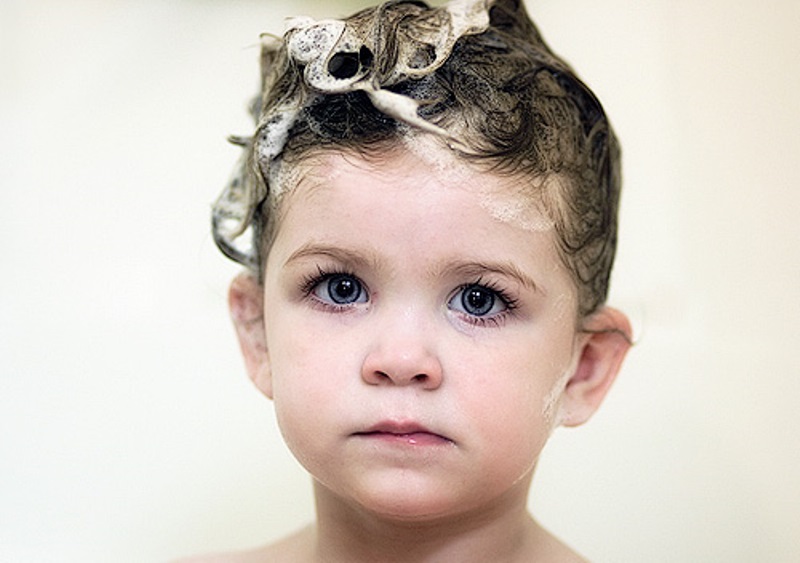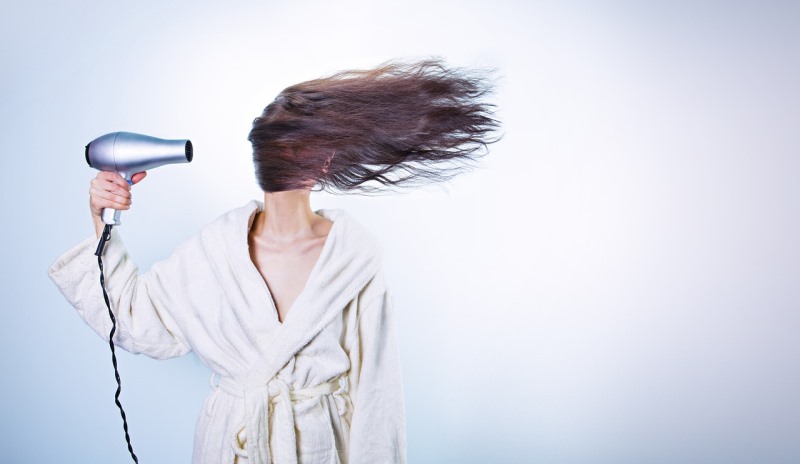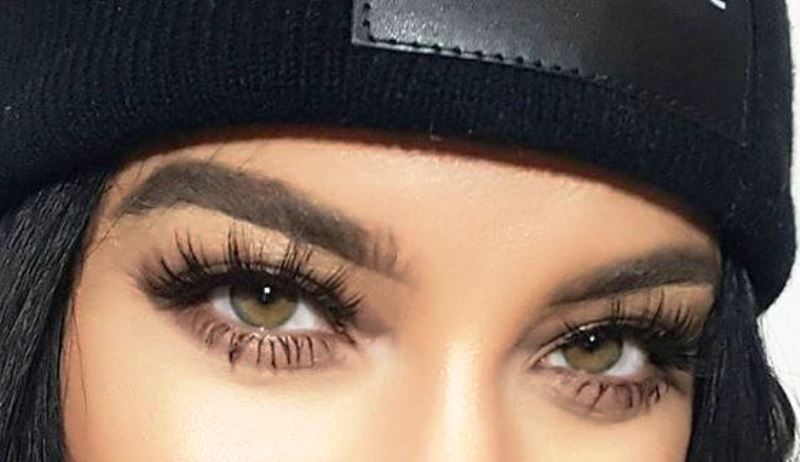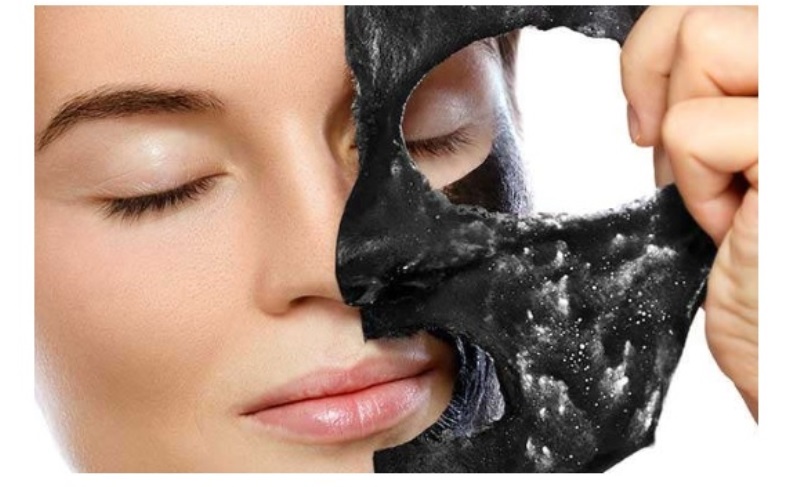Losing excessive hair is a horrific nightmare that many women face. Not only is it embarrassing, it is also worrying. You might reach for the panic button when you see more than your usual strands of hair on your hair brush, pillow, and the bathroom drain. You might even want to rush to the mall to invest in hats and scarves to hide it. But even though thinning of hair is a problem, you don’t need to despair because it is possible to nip excessive hair loss in the bud!
Understanding why you’re losing more hair than the woman next door is the first step to preventing further hair loss. There are a few questions any hair specialist will ask you before recommending a treatment.
1. Have you relocated recently?
Image source: Shutterstock
Relocation means the acidity in the water you use to wash your hair changes. That means your hair takes the brunt of this change. Although there is nothing you can do change the water source, you can at least take care of your hair with natural products and not treat it with unnecessary chemicals.
2. Are you on a balanced diet?
Image source: Shutterstock
Although some might scoff at the relationship between healthy hair and a balanced diet, they are both most definitely linked to one another. When you’re eating habits are healthy, and you are on a balanced diet, then your hair grows out shiny, long, and full of volume.
3. Are you dealing with stress?
Image source: Google, copyright-image under Creative Commons License
Who isn’t under stress these days? But that is not an acceptable answer to this question. If you’re under stress due to personal or professional reasons, you need to learn to deal with it – pursue a forgotten hobby, or take up a new one, or exercise, or Yoga and meditation to deal with the daily stress. Unless you do something about it, you will lose all of your precious hair one by one from your scalp in front of your very own eyes!
4. Are you following a good hair care routine that includes oiling, shampooing, and conditioning your hair with good quality products?
Image source: Shutterstock
A good hair care routine involves oiling it once a week, massaging your scalp with the tips of your fingers to rejuvenate hair growth and the blood circulation, followed by washing it off with a suitable shampoo and conditioning it with a suitable conditioner. If you need help identifying what kind of shampoo and conditioner to use, click here.
5. Have you recently switched your hair care products?
Image source: Google, copyright-free image under Creative Commons License
Constantly switching your hair care products from mild to strong to mild again, filled with various chemicals, makes you hair dull, lose its shine, and not to mention suffer loss of hair. You need to figure out your hair type first, then choose the best shampoo that kind of hair needs, and finally topping it off with a conditioner that suits your hair. If you keep changing the type of product you use with every new advertisement you catch on the telly, you will lose all your hair faster than you can say ‘My precious!’
6. Do you spend most of your time outdoors?
Image source: Pixabay, under Creative Commons License
Long periods of exposure to sun, dust, dirt, and pollution can leave your hair dull and damaged. Your hair needs the same loving care that you lavish on your skin too. Don’t forget to cover up your hair with a stylish scarf or bandanna to avoid hair damage.
7. Are you currently dealing with hormonal fluctuations?
Image source: Shutterstock
If you think hormones are the cause for your hair loss, then you need to consult a gynecologist ASAP! Whatever is happening to you on the inside can sometimes wreak havoc on how you look on the outside. Get the recommended treatment and complete it to the end, so that your gorgeous hair doesn’t slip out from between your fingers.
You need to answer these questions honestly to get to the right reason for your hair loss. There is no use hiding anything when it’s your hair at stake, and it is literally falling out of your head!
Image source: Pixabay, under Creative Commons License
You might also be exposing your hair to more damage by overindulging with certain products or hair care and hair styling methods. Hair specialists link damage with excessive use of curlers, blow dryers, and hair straighteners. However, female pattern hair loss is most often not structural and a medical examination is the only way to determine specific causes and possible treatments.
What can you do?
It can be shocking or even embarrassing to see bald patches on your scalp, but you don’t have to deny it or hide behind hats and scarfs. There are plenty of ways on how to stop thinning hair. It’s important to consult a specialist so that you can find ways to maintain the tresses you have.
1. Tests
Hair strand analysis is possibly one of the easiest ways to determine the kind of treatment required. A visit to the dermatologist is also a must to determine if hair loss is related to the scalp.
2. Medical treatments
Medical conditions that lead to sudden thinning of hair may be corrected by iron supplements or any medicines that balance out hormones. A word of caution, do not self-medicate by reading up on the Internet. It could do more harm than good.
3. Specialized products
Many hair specialists will recommend specialized hair care products, and in some cases medicines and will ask you to start using these on an daily basis. These products will either stimulate new hair growth, or will block androgen. Some products also work as concealers. The kind of product you use will depend on the cause of your problem. Often these oils or shampoos are much more expensive than the regular ones you use, but it eventually might be a good investment.
4. Hair Growth Clinics and hair transplants
For many, hair will keep thinning despite treatments. Many women opt for hair growth and transplants because of the promise of a long term solution and perhaps even faster results. It is important to choose a reputed place for successful transplants instead of the pseudo clinics sprouting up in every corner of almost every street.
Treatments for hair thinning take time, so don’t let your patience run out!
Featured image source: Shutterstock





















